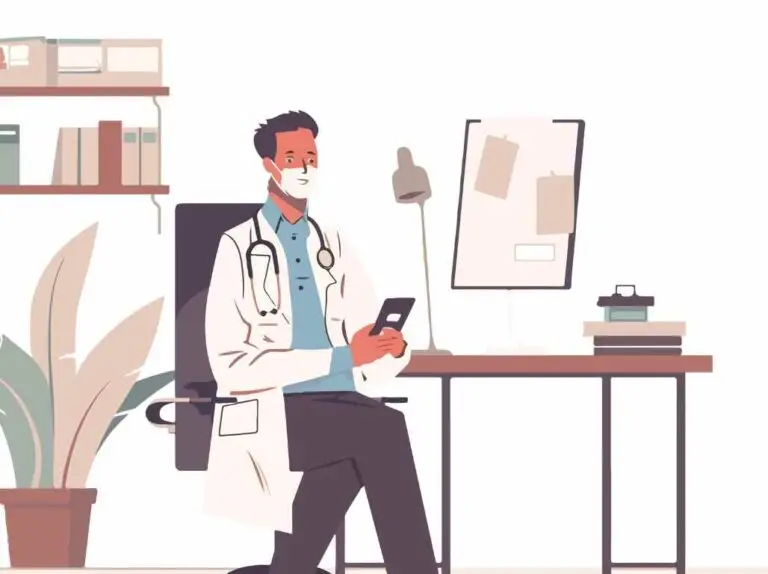Who Should Have Methadone Treatment
There are many paths to opioid addiction recovery and methadone treatment is one of them. Some people find that having a methadone treatment is a good first step towards long term recovery. Others stay on medically assissted treatment for years. Is it safe? Is it addictive? Here is what the NIH says about it.
Methadone is an opioid, like heroin or opium. Methadone maintenance treatment has been used to treat opioid dependence since the 1950s.14 The opioid dependent patient takes a daily dose of methadone as a liquid or pill. This reduces their withdrawal symptoms and cravings for opioids.
Methadone is addictive, like other opioids. However, being on methadone is not the same as being dependent on illegal opioids such as heroin:
Methadone has been included on the World Health Organization’s List of Essential Medicines. This highlights its importance as a treatment for heroin dependence. NIH
Methadone is a medication commonly used in the treatment of opioid addiction. It is part of a broader category known as Medication-Assisted Treatment (MAT), which combines medications with counseling and behavioral therapies to treat substance use disorders. Here’s an overview of what methadone is and how it helps with recovery.
What Is Methadone
Methadone is a long-acting opioid agonist that works by altering how the brain and nervous system respond to pain. It reduces withdrawal symptoms and cravings associated with opioid addiction without producing the euphoria that is often associated with opioid misuse. Methadone is typically administered in a liquid form, but it is also available as a tablet or oral solution. Drug rehab in Florida offers the help you need to understand and receive treatment.
How Methadone Treatment Works
Methadone works by binding to the same receptors in the brain that opioids like heroin and prescription painkillers target. By occupying these receptors, methadone blocks the effects of other opioids and reduces cravings and withdrawal symptoms. This helps individuals stabilize their lives and engage in therapy and other recovery activities.
Benefits of Methadone Treatment For Recovery
Methadone offers several benefits for individuals recovering from opioid addiction:
- Reduces Withdrawal Symptoms: Methadone helps manage withdrawal symptoms, which can be severe and uncomfortable, reducing the likelihood of relapse.
- Decreases Cravings: By reducing cravings for opioids, methadone allows individuals to focus on their recovery without the constant urge to use drugs.
- Improves Retention in Treatment: Individuals on methadone are more likely to stay in treatment programs and complete their recovery plans.
- Reduces Risk of Overdose: Methadone can help prevent overdose deaths by reducing the use of illicit opioids.
- Supports Long-Term Recovery: Methadone maintenance therapy can support long-term recovery by providing a stable foundation for individuals to rebuild their lives.
Methadone Maintenance Therapy (MMT)
Methadone Maintenance Therapy (MMT) is a structured program that involves the regular administration of methadone as part of a comprehensive treatment plan. MMT includes medical supervision, counseling, and support services. The goal is to help individuals achieve stability, reduce illicit opioid use, and improve overall quality of life.
Methadone Treatment Safety and Regulation
Methadone is a highly regulated medication, and its use is closely monitored by healthcare professionals. Patients receiving methadone treatment are typically required to visit a clinic daily for their dose, at least initially. Over time, as they demonstrate stability and adherence to the program, they may be allowed to take methadone doses at home.
Learn More About Methadone Treatment and Its Role in Recovery
Methadone is a crucial tool in the treatment of opioid addiction, offering benefits such as reduced withdrawal symptoms, decreased cravings, improved retention in treatment, and reduced risk of overdose. Methadone Maintenance Therapy provides a structured and supportive environment for individuals to achieve long-term recovery.
If you or someone you love is struggling with opioid addiction, don’t wait any longer to seek help. Contact Sequoia MD today to learn more about our Sacramento Methadone Clinic and take the first step towards a healthier, happier life free from opioids.





















